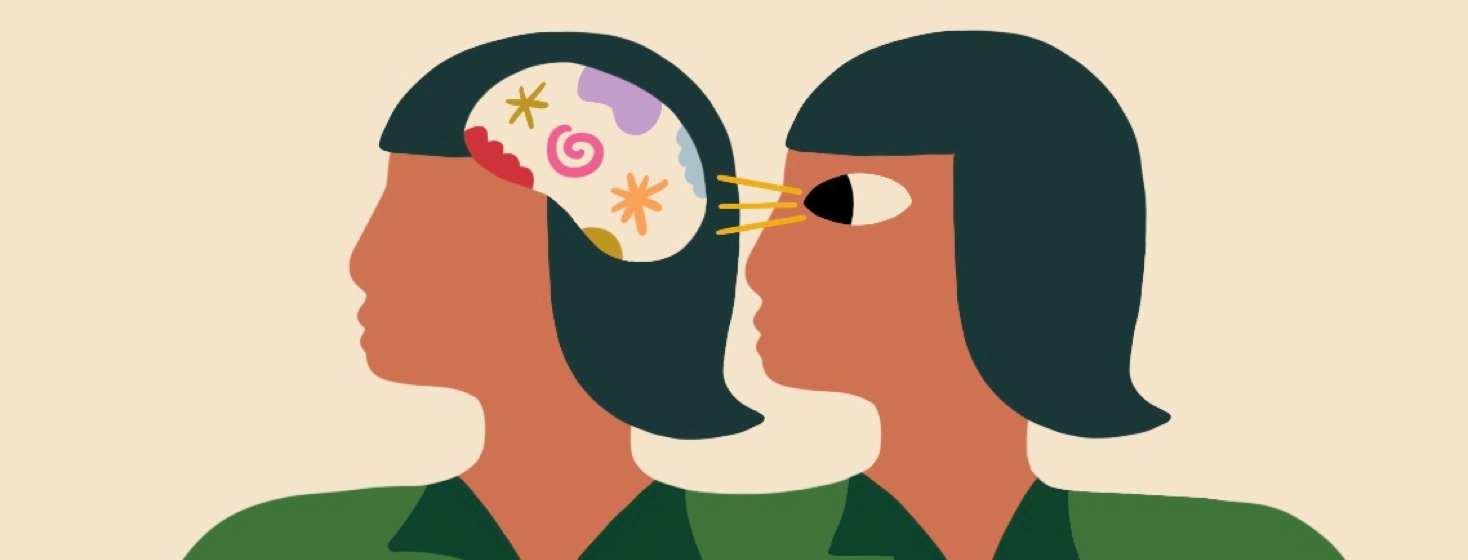Timing is Everything
For many years, I choose to deprioritize my dating life because living with a chronic illness like sickle cell. It's pretty safe to say that the law of attraction works a little differently. Sometimes, you show up with unintentional emotional "baggage" that's hard to shake off. Speaking candidly, my default approach to romantic relationships was airing on the side of caution. I was deathly afraid of getting hurt or feeling let down.
Contrary to popular belief, underneath my hard exterior is a woman who is looking for a partner with enough emotional intelligence to look past her invisible disability; a gentleman who simultaneously welcomes vulnerability when the little girl on the inside shows up a little bit broken. Is that too much to ask?!
Knowing who you are
Like most people, I pride myself on being prepared. I believe that people who fail to plan, plan to fail. I was taught a little mantra in secondary school that stays etched in my memory. Every now and then, I conduct a self-evaluation test, a little pro tip I picked up from CosmoGirl Magazine back in the 90s.
I'd ask myself – Have I evolved into the kind of person that I'd want to attract? Are key areas of my life on track? Am I secure in who I am? etc. I tried look at the 4 major areas of life that have the greatest influence on romantic relationships: emotional, physical, social, and financial.
Many patients would agree that sickle cell can impact all facets of your life so oftentimes. You have to figure out how to present your disability to a potential partner because let's be honest, you and SCD are a package deal. When you have embraced your chronic illness, it no longer becomes a sore subject that's hard to breach. Do yourself a favor and make a commitment to solving any problems that your self-evaluation reveals.
Benefits of self-awareness
Have you ever gone on a date with a walking contradiction?! Someone who goes back and forth on what they like versus what they want. For example, while getting to know said individual, they claim to enjoy staying active but avoid dates that require copious amounts of walking/hiking outdoors. We all know someone like this; someone who likes the idea of something but hates to put it into practice.
Self-awareness is the art of stepping back and observing your thoughts and feelings as they unfold. It is as simple as noticing the emotions you feel when you spend time with a certain person or identifying the thoughts that run through your mind when you feel scared or want to shy away from trying something new.
Clinical psychologists break down self-awareness as a layered awareness of your thoughts that feed into your emotions, physical sensations, and behavior. Simply put, it's the process of shining a light on the parts of your internal world that might otherwise get buried down, pushed aside, or go unnoticed.
Doing the hard work
Practicing self-awareness helps you recognize patterns in your emotions and identify what activities or tasks are necessary for your overall well-being. Our lived experiences shape who we become. As a sickle cell warrior, I matured a lot faster than my peers. That was because I was put in unique positions to learn self-agency, which is the act of advocating for oneself.
These important life skills made me extremely independent and a bit too self-sufficient. So much so that in a past relationship, my partner shared that he never truly felt needed. If I wanted to evolve, I had to be self-aware. I seriously needed to address these issues by finding a happy middle ground. Identifying the halfway point where I felt comfortable enough to peel back my hard exterior, trust my partner, and let him be a pillar of support for me took a lot of internal hard work.
In the digital world of social media, we are repeatedly shown images of "perfect people/perfect couples" and sometimes, we start to see ourselves as projects because of our disabilities. Deciding if and how to discuss your medical condition with prospective partners can leave you walking a tightrope between vulnerability and vigilance. Oftentimes, when you've worked on yourself, you're in a better position to explore new relationships because timing is everything.

Join the conversation